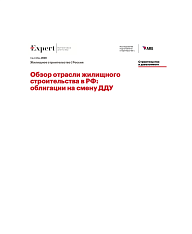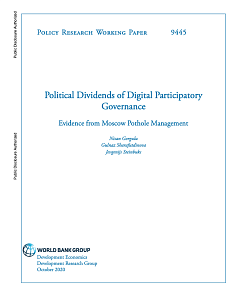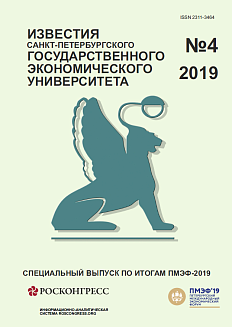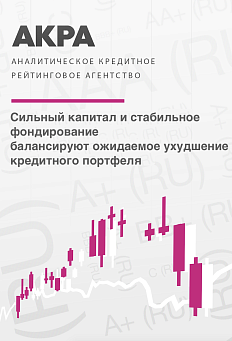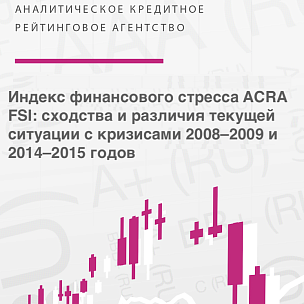The rating agency Expert RA presents a study on the state of the residential real estate sector after a reform. The publication provides data on construction volumes in Russia, fluctuations in demand, developers’ entry into the bond market, etc.
The reform of the residential real estate sector cut developers from free funds of co-investors. Notably, since the start of the transition to project financing, the volume of construction currently in progress in the Russian Federation has decreased by 20 million square meters. According to Expert RA estimates, in half of the Russian regions profit margins in residential construction are zero or negative due to low effective demand. This blocks developers’ access to bank money. To maintain the current construction rates, companies need extra capital which can be obtained on the public debt market. The reform has raised the transparency and reliability of the industry. This, combined with developer groups structuring, establishing systemic IR, and creating rating history, should help raise investors’ trust in builders’ bonds and eliminate risk premiums which issuers currently have to provide for a successful placement. The authors of the publication expect that 10 to 20 new issuers with cumulative emissions of 30 billion rubles will enter the market within the next year.
The Roscongress Foundation presents the salient points of the publication accompanied by fragments of broadcasts of relevant panel discussions from the business programme of international events held by the Roscongress Foundation.
Amid a reform in the sector, construction volumes are shrinking, but prices aren’t going to fall. Decreasing market competition is supporting developers’ pricing policy, which benefits large and medium-sized market players who have sufficient financial strength to prevent price dumping.
Starting from 1 July 2019, all new projects in residential construction must be implemented via project financing through banks. Importantly, before the mechanism of project financing was introduced, many developers had no experience of working with bank loans. The authors of the publication note that within a year after the transition to new rules of the game, the volume of construction in progress has decreased by 20 million square meters, or 16%.
Declining demand for apartments puts extra pressure on market volumes. Starting from Q3 2019, the volume of registered co-investment contracts has been decreasing compared to the same period of the previous year.
In every second Russian region, profit margins in residential construction are zero or negative due to low effective demand. This blocks developers’ access to bank money.
According to Expert RA estimates based on data from the Union of Estimating Engineers, gross margin per square meter of housing property exceeds 10% in as few as 40% of the Russian regions. After allowing for commercial expenses (on average, 3% of the project cost) and project financing costs with an effective interest rate of 5%, approximately every second region has near-zero or negative net margins in residential construction. Based on this premise, the authors forecast a decrease in construction volumes after old projects financed through co-investment contracts are completed.
The reform has raised the transparency and reliability of the industry. This, combined with developer groups structuring, establishing systemic IR, and creating rating history, should help raise investors’ trust in builders’ bonds and eliminate risk premiums which issuers currently have to provide for a successful placement.
In the current conditions, entering the public debt market is a virtually inevitable scenario for many construction market players. For a successful bond placement, however, developers will have to lay a strong groundwork.
First of all, they will have to structure their construction company or group of companies. The parent company in a construction holding group, which will later be the bond issuer or SPV guarantor, must be unencumbered with construction projects.
In order to issue bonds, developers will also have to raise their information transparency, introduce the practice of regular disclosure of financial and performance indicators, and organize a system of investor relations (IR) and interactions with exchanges and rating agencies.
For more information about the development of the construction industry and changes in investment environment in this sector, please see the Building and construction, Housing and utilities, Financial market, Banking, and Investment climate special sections of the Roscongress information and analytical system.


